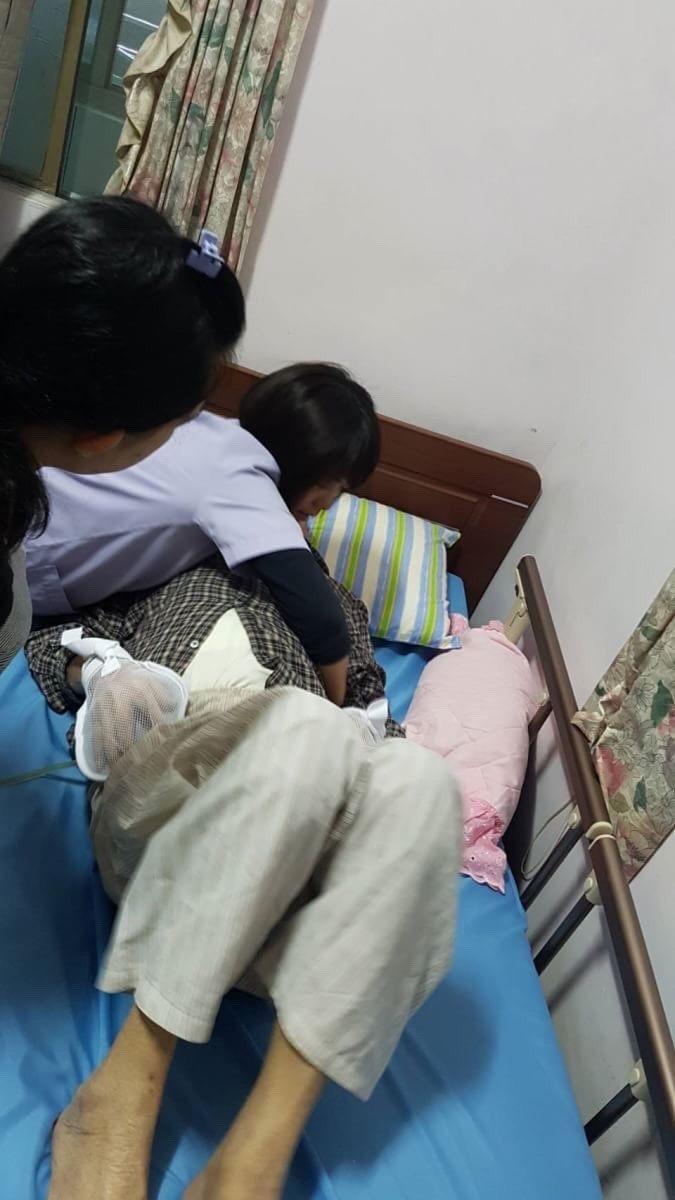Professional Mediation Resolves Over 80% of Taipei’s Migrant Worker Disputes
 To help settle disputes between migrant workers and their employers, Taipei City has launched the professional mediator system in 2018 with professional lawyers as mediators. In 2019, a total of 179 mediation meetings were held, successfully resolving at least 85% of the disputes. According to the Taipei City Foreign and Disabled Labor Office (FDLO), professional attorneys examine and explain common disputes between migrant workers and their employers through different laws such as the Employment Service Act, Criminal Code of the Republic of China, and Civil Code in order to expedite dispute resolution. Besides protecting the migrant workers’ rights, they also provide employers with legal advice so as to build a better foundation for the employer-employee relationship in the future.
To help settle disputes between migrant workers and their employers, Taipei City has launched the professional mediator system in 2018 with professional lawyers as mediators. In 2019, a total of 179 mediation meetings were held, successfully resolving at least 85% of the disputes. According to the Taipei City Foreign and Disabled Labor Office (FDLO), professional attorneys examine and explain common disputes between migrant workers and their employers through different laws such as the Employment Service Act, Criminal Code of the Republic of China, and Civil Code in order to expedite dispute resolution. Besides protecting the migrant workers’ rights, they also provide employers with legal advice so as to build a better foundation for the employer-employee relationship in the future.
Over 90% of foreign migrant workers in Taipei City are working as in-home caregivers, and disputes frequently occur due to the differences in language, lifestyle and habits. The disputes can also arise from religious, cultural, or culinary dissimilarities, as well as inadequacies in caregiving techniques, conflicting work and rest hours, the employer not paying the salary on time or detaining migrant worker’s documents, etc. Since migrant workers working as in-home caregivers are not yet protected by the Labor Standards Act at the moment, mediation of disputes often involves civil/criminal litigations or emotions, therefore staff from the local authorities play several roles during the mediation process including that of the bilingual interpreter for the employer/employee, mediator, as well as tasks such as the explanation of legal details and documenting the entire process, etc. Often, staff from the local authorities are misunderstood as being impartial, resulting in unsatisfactory mediation outcome, while the quality and process of the mediation are difficult to control and improve.
The FDLO started to implement a professional mediator system in 2018, where professional service and collaboration are applied to quickly ascertain the crux of the dispute for the employer and employee. Furthermore, the problems associated with overlapping of legal provisions will be expounded upon to inform both parties whether the dispute falls within the scope of the Employment Service Act, Criminal Code of the Republic of China or Civil Code. For the employer, employee, and the private agent, professional attorneys acting as mediators present a more trustworthy image as a legal expert, thereby minimizing a sense of distrust and emotional language during the mediation process.
Of the 179 mediation meetings convened in 2019, the majority consists of employer-employee relationship-related problems caused by disagreements between both parties on caregiving techniques or management, ultimately ending in the termination of the employment contract or changing employer. In such conflict mediation, the attorney’s professional role and litigation experience go a long way in reaching a peaceful common ground by offering explanations and information on relevant laws. The aim is to come up with a solution that is acceptable to both parties in an effort to help them reach an agreement.
Taipei City Government has launched the first professional mediator system in the country, and this year sees the introduction of professional interpreters who have received basic mediation training on a trial basis to minimize communication obstacles during the dispute mediation process and to allow both parties to express their opinions to each other unambiguously. By focusing on the dispute at hand, not only will the quality of international migrant worker dispute mediation be improved along the 3 dimensions of professional system, personnel and experience, but the rights of both the employer and migrant worker can be guaranteed.

![Taiwan.gov.tw [ open a new window]](/images/egov.png)
